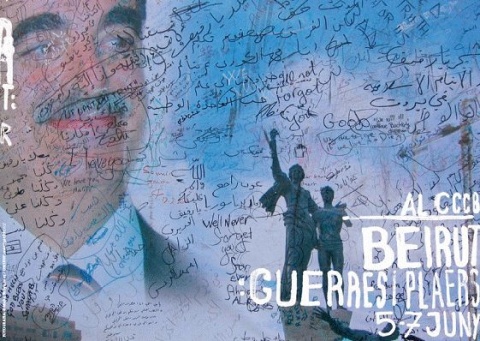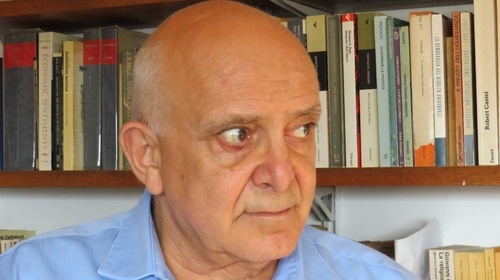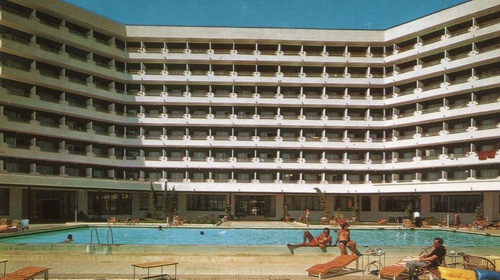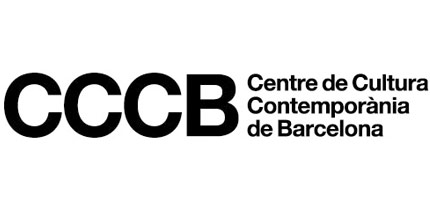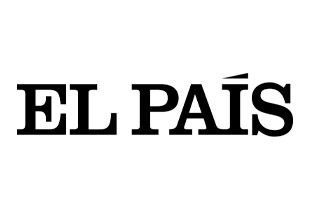Cities of the Middle East
Beirut
Civil pleasures, civil wars
Debate
Free
In this seminar, the first to be organised by the CCCB on cities of the Middle East, five prominent Lebanese writers will discuss the coexistence in Beirut today between the vestiges of the civil war and its vibrant emerging cultural life. Their presentations will be accompanied by the showing of two documentaries on the recent history of the city, so that the programme as a whole will offer a portrait of the spirit of Beirut and the main political, cultural and social challenges it faces at present. Fred Halliday
Founded by the Phoenicians and the capital of Lebanon today, Beirut is one of the most dynamic and complex cities of the Mediterranean and the Middle East. After Lebanon obtained its independence in 1946, Beirut became a burgeoning economic and cultural centre with many languages and religions represented within it, but the city would eventually be riven and partially destroyed by civil war and the invasions of Syria and Israel that beset Lebanon between 1975 and 1990.
Today a precarious peace has been restored and the Israeli and Syrian forces have withdrawn. Music, literature, publishing, the media and tourism are flourishing to create a vital cultural life in the city, which is now being refashioned by massive but controversial reconstruction.
Sunday, 5 June
DOCUMENTARIES:
6p.m. Souha Surviving Hell, by Randa Chahal Sabbag, 2001, France, 57', VOSC. This moving film tells the story of Souha Becharre, a young Lebanese woman who, in 1989 at the age of twenty-one, failed in her attempt to assassinate General Antoine Lahas who was collaborating with the Israeli army in the South of Lebanon. The director accompanies Souha Becharre in the months following her release after ten years in prison, showing the process of her rediscovery of Lebanon as it is today.
7p.m. Because... that's it, by Rani Bitar, 2004, Lebanon, 47'38'', VOSC. This documentary portrays present-day Lebanon through the accounts of seven young people of different cultures and backgrounds who live in Beirut. Their experiences reveal the diversity of points of view that coexist in the one society and raise questions about the definition of their individual identities, their ways of viewing the future and whether or not they will decide to stay in Lebanon.
Monday 6 June
DEBATE: "From Ottoman Empire to civil war. Religion, family and class"
7.30 p.m.
Presentation: Josep Ramoneda, Director of the CCCB.
Chair: Fred Halliday, Professor of International Relations at the London School of Economics and visiting professor at CIDOB.
Nadim Shehadi, Director of the Middle East Programme at the Royal Institute of International Affairs, London.
Samir Khalaf, historian and Professor of Sociology at the American University of Beirut.
DOCUMENTARY:
10 p.m. Souha Surviving Hell, by Randa Chahal Sabbag, 2001, France, 57', VOSC.
Tuesday 7 June
DEBATE: "Post-war Beirut. Reconstructions, memories and hopes"
7.30 p.m.
Chair: Fred Halliday, Professor of International Relations at the London School of Economics and visiting Professor at CIDOB.
Mai Ghoussoub, artist, publisher at Al Saqi Books, author of Leaving Beirut. Women and Wars Within.
Maha Yahya, Professor of Architecture and Planning, American University of Beirut / Massachussets Institute of Technology (MIT).
DOCUMENTARY:
10 p.m. Because... that's it, by Rani Bitar, 2004, Lebanon, 47'38'', VOSC.
Presenters: Josep Ramoneda
Moderators: Fred Halliday
Participants: Nadim Shehadi, Samir Khalaf, Mai Ghoussoub, Maha Yahya
This activity is part of Cities of the Middle East, Cities of the Middle East
